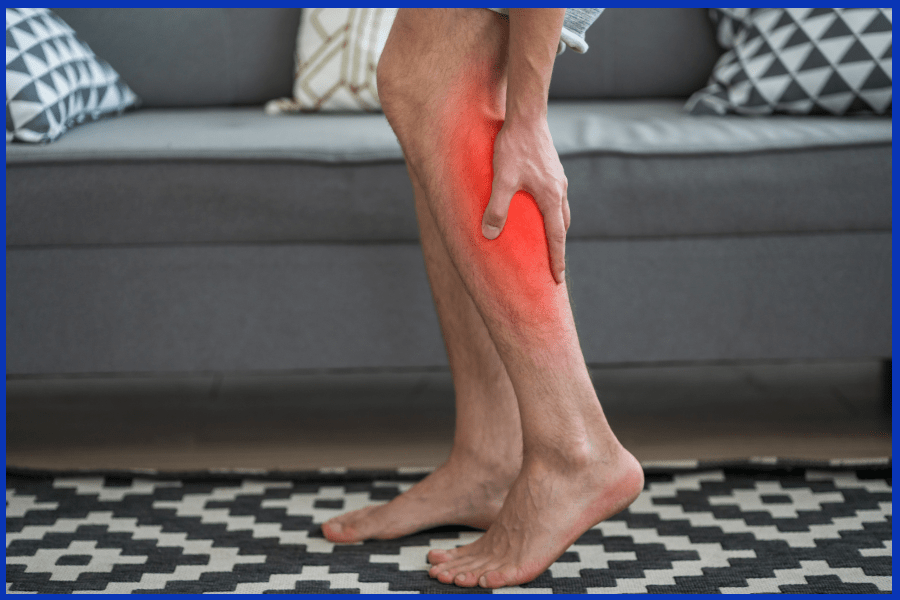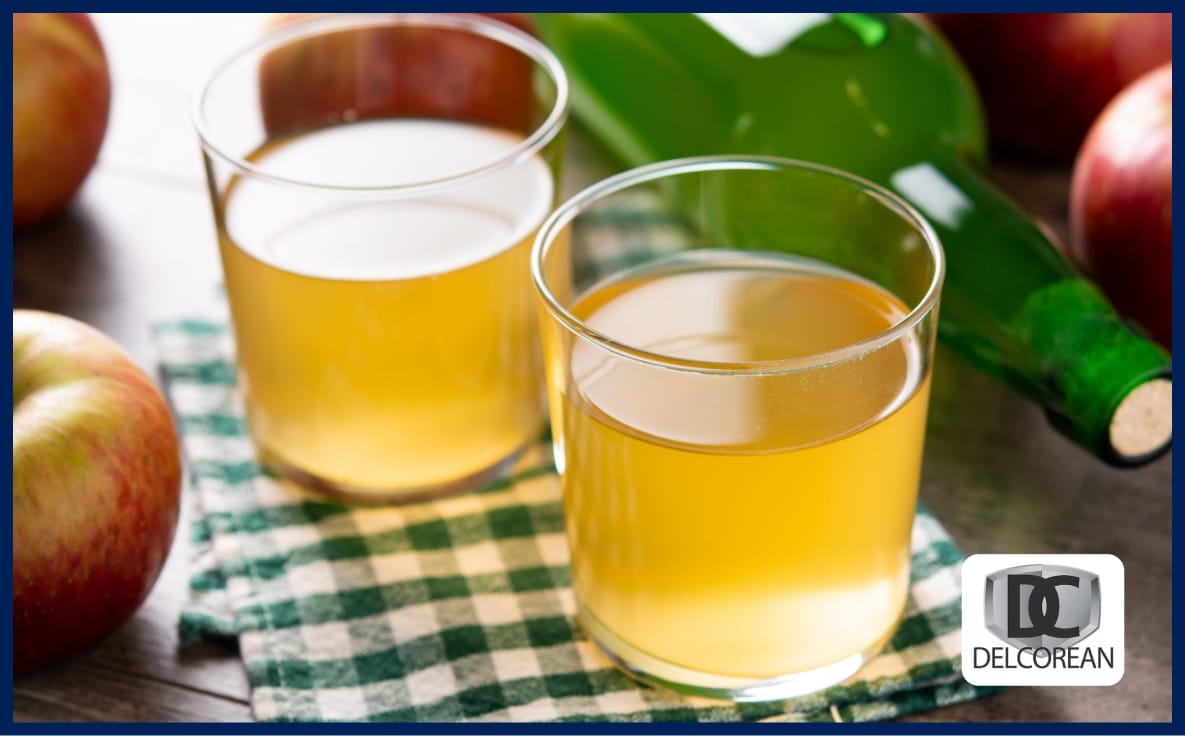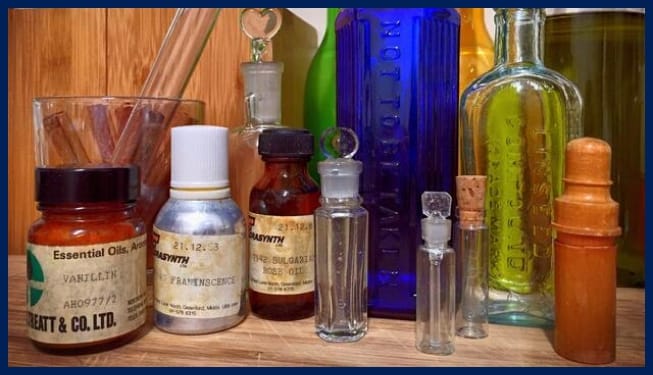Leg cramps can turn a peaceful night’s sleep into a painful, twisted experience. These muscle spasms often strike unexpectedly, causing intense pain and discomfort. Fortunately, home remedies for leg cramps can offer effective relief and even help prevent leg cramps from occurring in the first place.
In this guide, we’ll explore why leg cramps happen, the common triggers behind them, and the best ways to treat and prevent them at home.
From boosting potassium levels with bananas and avocados to using essential oils for pain relief, you’ll find actionable and natural solutions to stop leg cramps and improve your overall muscle health.
What Causes Leg Cramps and How to Prevent Them

Before diving into the home remedies, it’s important to understand what might be triggering your leg cramps. Muscle cramps have various causes, ranging from muscle overuse, dehydration, and mineral deficiencies to more serious underlying medical conditions. These factors can lead to involuntary muscle contractions that are painful and often disrupt sleep.
Muscle Overuse and Strain
Overworking your muscles, especially during high-intensity exercise or prolonged physical activity, often leads to painful muscle cramps. Without proper warm-up or stretching, your muscles may develop micro-tears or cramp up due to fatigue.
Activities that involve staying in one position for long periods, like sitting or standing, can also cause muscle strain. For example, standing on hard surfaces for hours can result in a cramped leg, especially in the calf or thigh muscle. Making time for gentle stretching or using a heating pad can help relieve pain and prevent muscle cramps in these scenarios.
Stay Hydrated to Avoid Muscle Cramps
Proper hydration is essential for keeping your muscles working properly. When you’re dehydrated, muscle cramps become more likely, particularly after exercise or in hot weather. Lack of water and electrolytes like potassium, calcium, and magnesium disrupt your muscles’ ability to contract and relax, leading to cramps.
To prevent leg cramps, it’s crucial to drink plenty of fluids, even pickle juice, throughout the day, especially during physical activities. Sports drinks containing electrolytes can help replenish lost minerals, reducing the chances of muscle spasms after a workout. If you experience muscle weakness or frequent cramps, staying hydrated should be one of your top priorities.
Medical Conditions and Certain Medications
Sometimes, muscle cramps may be caused by underlying health conditions or side effects from medications. For instance, poor blood flow from conditions like peripheral artery disease can starve your muscles of oxygen, leading to painful cramps.
Kidney damage or failure can also affect your electrolyte balance, making your muscles more prone to spasms. Other symptoms like fatigue, cramping in the affected leg, or muscle pain could indicate a deeper issue. If your cramps are frequent or extremely painful, or if you experience cramps along with other symptoms like swelling, it’s a good idea to consult a doctor. They may recommend adjusting medications or exploring homeopathic treatments, like Cramp911.
Top Home Remedies for Leg Cramps
Fortunately, there are several effective home remedies for leg cramps that can provide fast relief and help prevent future occurrences. From dietary changes to applying heat or cold, here are the best ways to treat muscle cramps at home.
The Power of Potassium: Bananas and Avocados

Boosting your potassium levels is one of the easiest ways to stop leg cramps. Potassium plays a key role in muscle function, and low levels of this mineral can cause your muscles to cramp. Bananas and avocados are great natural sources of potassium and can quickly replenish your body’s levels to help prevent muscle spasms.
Eating a banana or avocado after a workout is an excellent way to restore potassium levels and prevent leg cramps. These foods are especially useful in treating calf cramps, which often occur after intense physical activity or high-intensity exercise.
However, while potassium is crucial, overconsumption can be harmful, so aim to keep a balanced diet to support overall muscle health.
Apple Cider Vinegar: A Natural Mineral Boost
Apple cider vinegar is a household staple that can do wonders for any kind of muscle cramp. Rich in potassium and other minerals, it helps restore the body’s electrolyte balance. Drinking a tablespoon of apple cider vinegar mixed with water before bed or after exercising can reduce the likelihood of nighttime leg cramps, commonly referred to as charley horses.
You can also use apple cider vinegar as a topical remedy. A warm foot soak with apple cider vinegar not only relieves pain but also helps your muscles relax after a long day of standing or walking. For those who experience regular cramps, this simple remedy may help prevent them from recurring, specifically a leg cramp.

Essential Oils for Muscle Relief
Essential oils like peppermint, rosemary, and eucalyptus are excellent natural remedies for relieving cramped muscles. Peppermint oil, for example, has a cooling effect that helps increase blood flow and soothe sore muscles. A gentle massage with peppermint oil can ease the discomfort of a calf cramp.
Similarly, rosemary oil contains anti-inflammatory properties that can reduce muscle tension and pain. Eucalyptus oil is another popular option, often used in therapeutic ointments, to deliver quick cooling relief when muscle cramps strike. Simply rubbing a few drops of these oils on the affected muscle can promote relaxation and relieve the cramping pain.

Apply Heat or Cold for Quick Relief
Using a warm towel, heating pad, or taking a warm bath can help loosen tight muscles and relieve leg cramps. Applying heat increases blood flow to the affected muscle, promoting faster recovery. On the other hand, applying an ice pack can help reduce inflammation and numb the pain from a cramping muscle, especially if the cramp starts after an intense workout or injury.
Alternating between heat and cold therapies can be particularly effective for stubborn muscle cramps. For example, you might start with a warm compress to relax the muscle, followed by an ice pack to reduce any lingering discomfort. If you’re dealing with cramps due to poor blood flow, applying heat can be especially helpful in improving circulation.
Stretching and Massage
Stretching your muscles regularly can help prevent leg cramps and improve flexibility. If you feel a cramp starting, gently stretching the cramped muscle can often stop it in its tracks. For example, straightening your leg and flexing your foot can relieve a cramping calf muscle.
A quick stretch before bed or after exercise can also help prevent muscle spasms during sleep, especially if you’re prone to foot cramps at night.
Massage is another effective remedy for treating muscle cramps. Gently rubbing the affected leg increases blood circulation and helps relax the muscle. Pairing massage with essential oils or cramp-relief lotions can further enhance its effects. If you often wake up with leg cramps, consider massaging your legs before bed to relax the muscles and prevent cramping while you sleep.
Don’t Let Leg Cramps Slow You Down
Stretching, massaging, and applying heat or cold can also help prevent leg cramps and relieve the pain when cramps occur. If these solutions don’t provide relief or if your muscle cramps persist, it may be time to consult a healthcare professional. They can help diagnose any underlying conditions, adjust your medications, or recommend treatments to address the root cause of your muscle spasms.
Take charge of your health today and say goodbye to painful, sleepless nights caused by leg cramps. With the right self-care strategies and homeopathic remedies, you can keep your muscles in top shape and prevent future cramping episodes.


